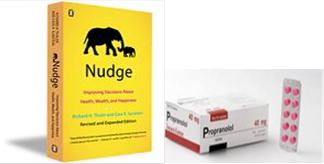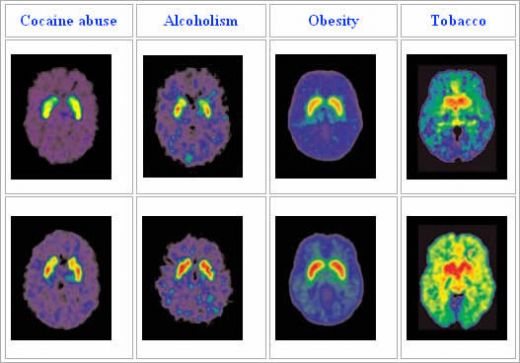Animal antibiotics
Suppose that a despotic political regime is keeping its citizens in cramped and unhygenic labour camps. The survival and and economic productivity of the incarcerated individuals is sustained only through the widespread administration of antibiotics which helps to prevent epidemics. It is difficult for international organisations to do anything about these work camps, but one thing they could do is cut off the supply of antibiotics. This would risk the lives of thousands of inmates in the short term, but can also be expected to put an end to the work-camp system in the longer term, since it would render the camps uneconomic.
Should the international organisations cut-off the supply of antibiotics? It is doubtful whether they should.
But now suppose we replace the work-camps with chicken houses and sow stalls, and the citzens with farm animals. Many farm animals held under cramped and unhygenic conditions are kept alive, and economically productive, only through the widespread administration of antibiotics. Restricting access to these antibiotics would force the agricultural industry to reform these practices. In this case it seems more plausible that antibiotic use should be restricted. At least, this is what Robert S. Lawrence writes in The Atlantic.






